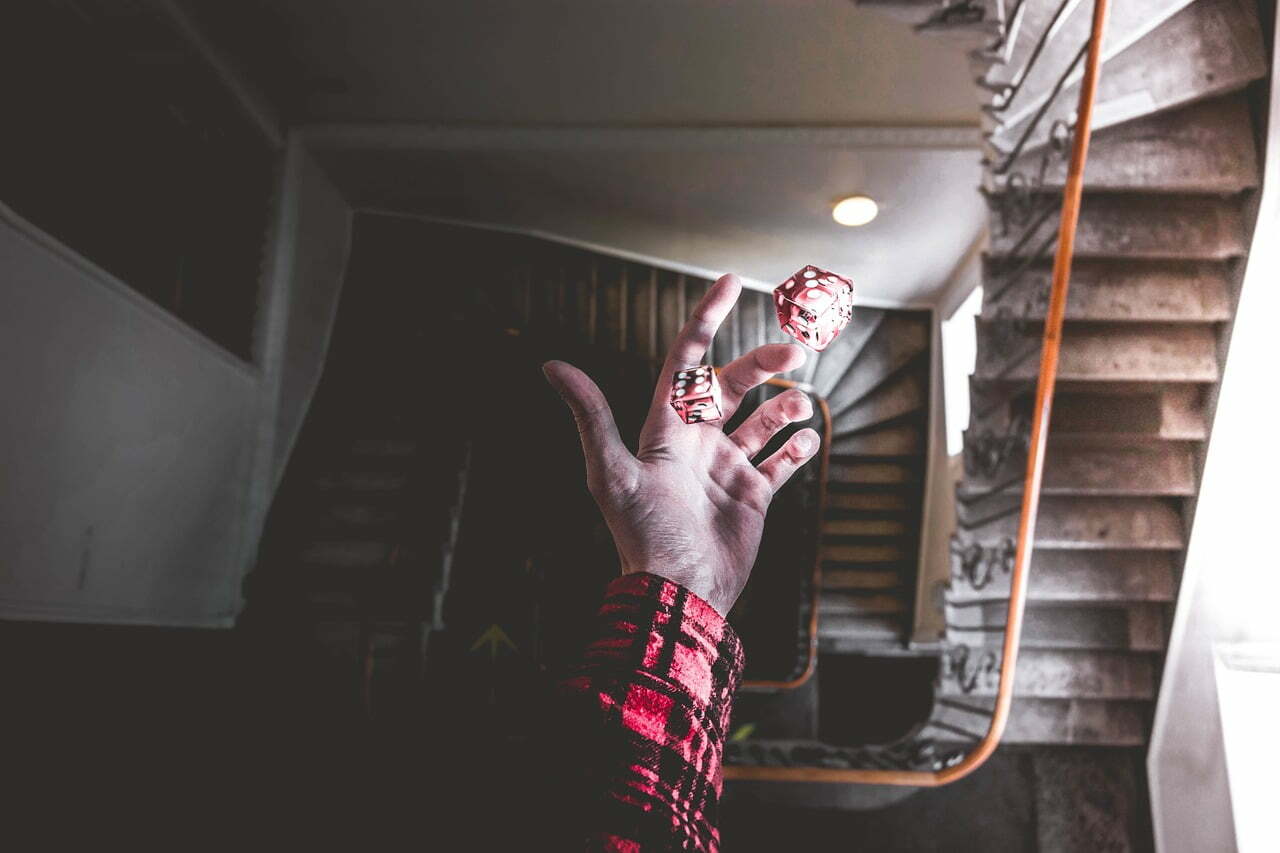A decentralized prediction market allows for users to create their own events, which is available to other users to participate in. This gives more freedom to the users to focus on what they find interesting and allows for a wider selection of available prediction events – says Xiahong Lin, Founder of Bodhi, in Bithub.pl’s #SundayInterview.
In the olden days if you wanted to bet on a prediction you’d go to a bookie. Blockchain-based prediction market works differently. How exactly?
Xiahong Lin: Prediction markets have existed for a long time. Typically, they involve reverting to a central authority, whether that is a website or „bookie” to place your bet on available prediction events. Blockchain technology facilitates the trustless interaction between the prediction event creators and the participants in the event. Because the tokens are committed at the time of participation, they are essentially „escrowed” for the duration of the contract, which allows the event to happen via smart contracts on-chain. This is all possible in a decentralized way on the Bodhi prediction market platform.
What’s the potential of this market from user’s perspective?
XL: A decentralized prediction market allows for users to create their own events, which is available to other users to participate in. This gives more freedom to the users to focus on what they find interesting and allows for a wider selection of available prediction events.
How about competition?
XL: There are several projects in the prediction market space, all with different priorities and approaches to the concept of leveraging the wisdom of the crowd to forecast future events. The biggest divide among the projects is whether it is a prediction market itself, or a platform for creating prediction markets or events. Bodhi is a prediction market platform that allow users to create prediction events in a decentralized way.
The main differentiating factor for Bodhi is that it is not built on Ethereum, which while we enthusiastically support (Bodhi Founder participated in the Ethereum ICO), but is built on Qtum. Qtum is a blockchain using a Proof-of-Stake consensus mechanism, which allows for more efficient processing of on-chain transactions.
How does betting on Bodhi work? Is every bet an automated smart contract?
XL: Bodhi is built to be completely decentralized. Every prediction event is on-chain using a smart contract, which accepts contributions using the QTUM token as the primary token with which to „bet.” We have plans to expand this in the future to accept multiple different tokens. The Bodhi Token (BOT) is used as a governance token, which is how we set the result of of a prediction event. Bodhi’s replaceable oracle mechanism is the first of its kind, representing a novel solution to safeguard against possible errors in setting a prediction event result.
Smart contracts on the prediction market demand an oracle, specific tools to verify the factuality of the outcome. How do you solve that?
XL: Bodhi’s replaceable oracle mechanism is a way to ensure unanimous consensus on the outcome of a prediction event on the Bodhi platform. When a new prediction event is created, the creator sets an „initial oracle,” which can be anybody who is willing to fill this role. The initial oracle must „stake” the prediction event with a certain amount of BOT to take on that role. Once the prediction event has been created, others users can see the prediction event and can participate. At the conclusion of the prediction event, the initial oracle sets the outcome he believes is correct. This is where Bodhi’s replaceable oracle mechanism begins. Once the result is finalized, the initial oracle receives their original stake of BOT, but is also entitled to 1% of the QTUM tokens that were sent in by the losing side of the prediction event.
Once the initial oracle’s result is set, Bodhi’s replaceable oracle mechanism will automatically create all possible alternative events as new events on the blockchain. The general public can then use the BOT token to verify the correct result set by the initial oracle, or to say that a different result is in fact the correct result. If the initial oracle’s result is unanimously agreed upon as the correct result, the result is finalized and the prediction event closes, and all tokens are distributed. If anyone believes the result is incorrect, they would be able to stake their own BOT on an alternate result. In this case, the result is not finalized, but rather is sent to another round of staking that requires the Initial Oracle to stake additional BOT to defend their initial result. The general public is also allowed to back the result they believe to be correct. If 99% of the people believe a certain result to be correct, this essentially determines the odds that this result is correct, from the public’s perspective. This oracle challenge mechanism continues until the result is unanimous, or until all of the available BOT are used in this challenge, whereby the Bodhi Foundation itself will step in as a last resort to act as a „tie breaker” to research and determine the outcome on a case-by-case basis.
You focus on Chinese market. Is it more attractive than US or Europe?
XL: Bodhi’s initial audience is the Chinese market because we are very familiar with the culture and the market there. China is also a huge market, with over 770 million Internet users and 95% accessing it from their phones. In our observation, more and more Chinese Internet users are becoming interested in blockchain technology, and we believe they will be the first adopters of blockchain-enabled applications such as prediction markets. We wanted to start Bodhi in a market that we knew well, providing us with a stable foundation that will support our future plans for global expansion.
Interview by Przemyslaw Cwik
e-mail: p.cwik@bithub.pl

